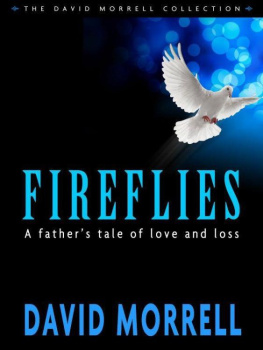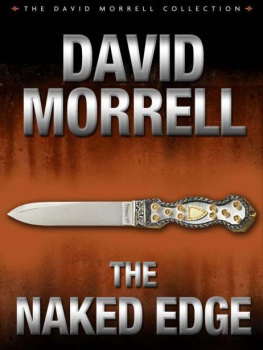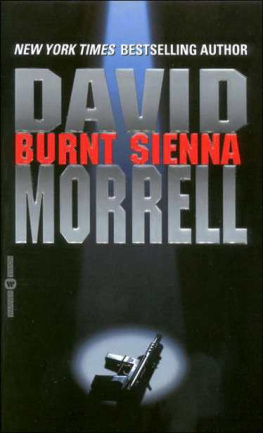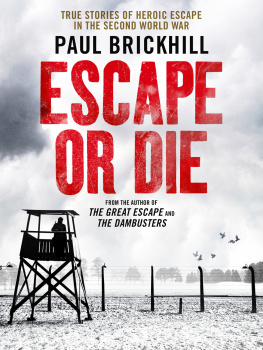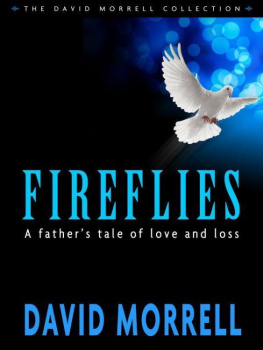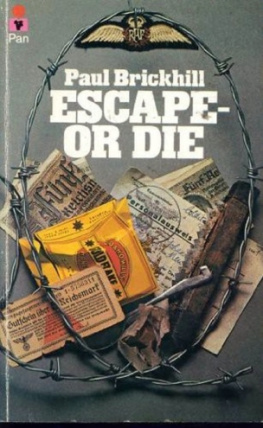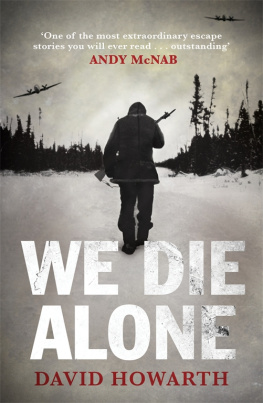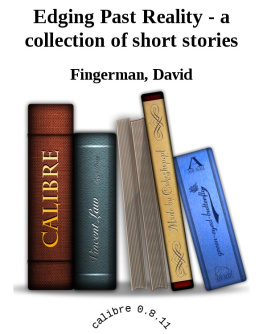
This is the excellent foppery of the world, that when we are sick in fortune, often the surfeits of our own behavior, we make guilty of our disasters the sun, the moon, and the stars; as if we were villains by necessity, fools by heavenly compulsion.
Shakespeare, King Lear
To Henry James,
who showed new ways in which tales of terror could be written-and the human secrets they could hide.
My mother didn't like bedroom doors. Hated them, in fact. As I grew up, whenever we moved from apartment to apartment (sometimes above bars), almost the first thing she did was remove the bedroom doors. One reason for this, I suspect, is that she wanted to convert a normally private space into an area so public that my stepfather would feel uncomfortable making sexual overtures, knowing that I would hear everything where I lay close-by in a doorless bedroom.
As it was, I heard plenty, for my mother suffered from nightmares, and I was often kept awake by her frightened murmurs, fidgets, and groans as she fought horrors in her sleep. She never talked about these persistent nightly onslaughts (and it wasn't a household where I felt comfortable asking), but from what she blurted while asleep, I gather it often had something to do with fire. That's the major reason she took the doors off the bedrooms, I believe: fear. For most people, closing a bedroom door before they go to sleep creates a feeling of security, of safe boundaries. But for my mother, that closed door made her feel imprisoned. Smothered. Trapped. As far as she was concerned, whatever haunted her in her sleep might in fact have been creeping along the hallway out there, crouching, about to pounce. Better to leave the door open so that she might hear the threat coming and be ready for it.
Although I never knew the content of her nightmares, I did learn the actual horrors she'd survived, for without prompting, she often told me about them (this was usually after my stepfather had picked a dinner-hour family fight so that he could storm away and play poker with his brothers). My mother's name was Beatrice, and whenever I think about her dismal life, I'm reminded of a contrasting Beatrice, Dante's representation of beauty and truth. My mother lied about her age, so it's difficult to reconstruct when the waking nightmare began, sometime around 1910 on a farm in southern Ontario, Canada, when the area had as many horses as automobiles. Her mother died giving birth to her. Her father married his dead wife's sister (to some, this is a form of incest). The new wife blamed my mother for her sister's death. My mother had an older sibling, Estelle, who could do no wrong in the eyes of the stepmother. In contrast, the stepmother decided that my mother couldn't do anything right. The consequences were frequent, severe beatings. My mother described one occasion on which she hid all day under a porch while her stepmother waited with a club. She described another occasion on which she and Estelle put on their best clothes to go to a party. As they stepped from the farmhouse, their stepmother stalked toward them with a dead maggoty groundhog she'd found and threw it at my mother, splattering her dress. Meanwhile, Estelle was permitted to get into a buggy and ride off to the party (my mother loved her sister and never stopped mourning that Estelle died young from breast cancer). Somewhere in these accounts, never explained, only furtively alluded to, was a reference to being terrorized in the night, something about a fire.
The upshot of this hell was that, when my mother was sixteen, she fled to a convent, where she somehow managed to remain until she was of legal age. She then moved to a city a hundred miles away, supported herself by working in factories and also using her considerable skills as a dressmaker (to see her use a sewing machine was a joy). Eventually, she met my father, George, who was an RAF bombardier assigned to train Canadian airmen for World War II. In 1943, soon after I was born, he was re-assigned to active status in Britain and was shot down during a bombing raid over France. Or so I was told as a child. The truth was inadvertently revealed to me when I was 27 and my mother made a casual stunning comment. In actuality, my father had survived. Wounded but having parachuted safely into a field, he was discovered by the French resistance and smuggled across the English channel to an RAF hospital, where he wrote letters to my mother and died from pneumonia. To try to repress her painful memories, my mother got rid of everything he left behind, his clothes, their marriage license, his letters, everything except a cigarette lighter and a very few photographs.
Then came more tough times. Trying to support the two of us in the final years of the war, my mother took in as many dressmaking jobs as she could manage. In our two-room, ground-floor apartment, she fell sick on the Thanksgiving of my second year. I still remember how fiery red her face was and how impossible amounts of sweat kept streaming from it. I sat next to her on the bed, using an entire box of Kleenex to mop her cheeks. When hunger finally insisted, I climbed onto the kitchen table to the turkey my mother had taken from the oven just before she'd collapsed on the bed. A physician who lived down the street happened to walk past our window and look in at me on the table, clawing meat from the turkey. A half hour later, my mother was in an ambulance on the way to the hospital. The disease that had felled her, an acute strep skin infection known as erysipelas, was potentially fatal and extremely contagious, but even though I had practically bathed myself in her sweat while I blotted her cheeks with tissue after tissue of Kleenex, I never got sick.
She spent weeks in the hospital, and subsequently, unable to support the two of us while remaining home and taking care of me, she made a difficult choice. I was around four, and I still remember the family friend who had a car and who took us for a ride in the country. We came to a remote, gothic-looking building, where children played on swings and slides. Invited to join them, I eagerly accepted, only to interrupt my laughter to look behind me and see my mother getting into the car and driving away. You may have guessed that the building was an orphanage. My mother claims I was there only a couple of months, but I seem to recall the passage of seasons and feel as if I was there a year, during which I twice attempted to escape. Eventually, my mother remarried and reclaimed me, but I never got over the sense that I might have been adopted, and I never got along with my stepfather, who disliked children and who on one occasion struck my face with his fingers curved like claws, ripping my mouth open. In Lessons from a Lifetime of Writing, I described how the fights between him and my mother were so frightening that at night I put a pillow under my covers, hoping to make it look as if I was there while I slept under the bed. The bedroom door had, of course, been removed.
That brings me to this collection, whose title NightScape is appropriate to what I've just told you. By and large, the kind of tales an author writes are metaphors for the scars in the nooks and crannies of his/her psyche. In my youth, thrillers and horror stories (both in print and on the screen) provided an escape from my nightmarish reality. Is it any wonder that, as an adult obsessed with being a writer, I would compulsively turn to the types of stories that provided an escape when I was a child? Perhaps I'm eager to provide an escape for others. Or perhaps I'm still trying to escape from my past.
Next page

